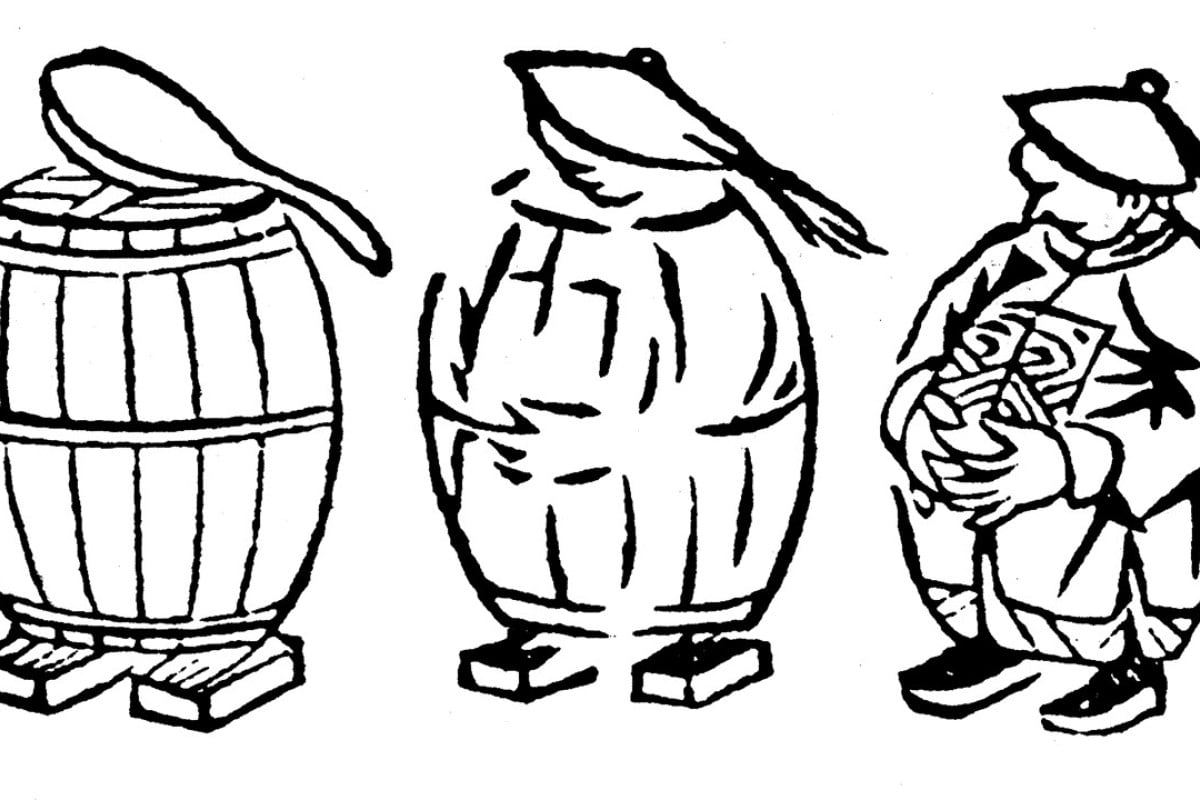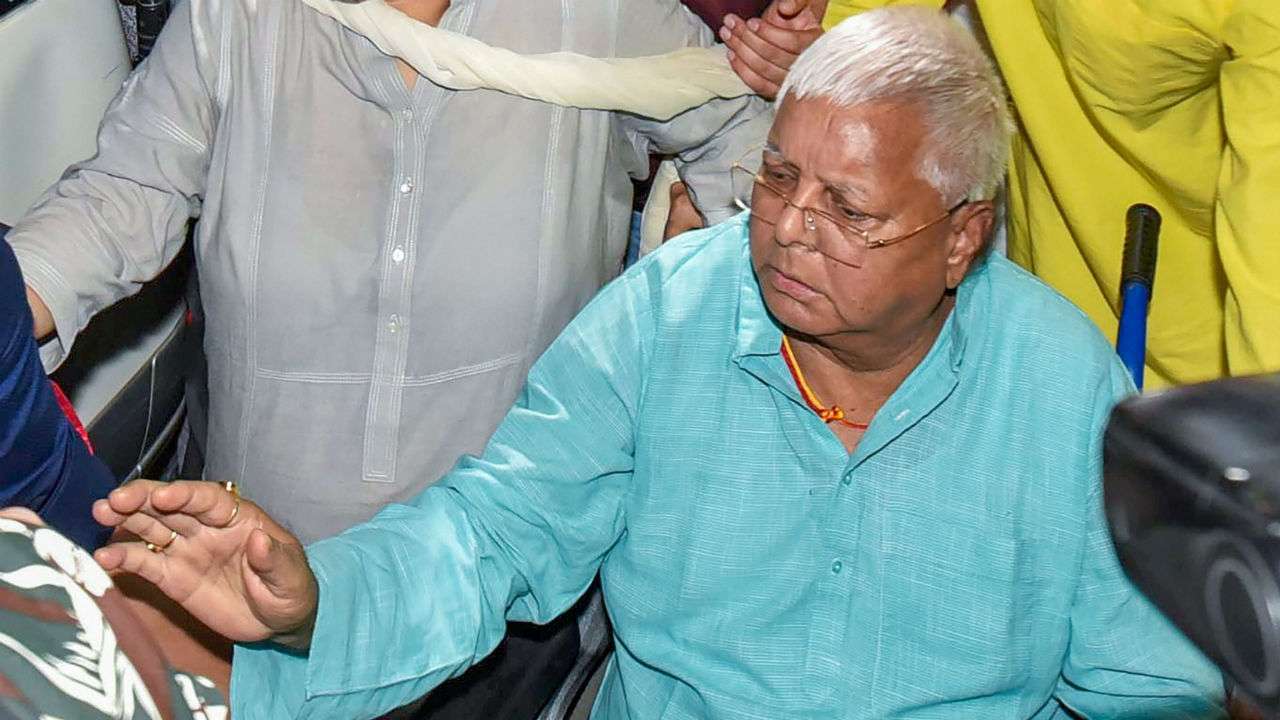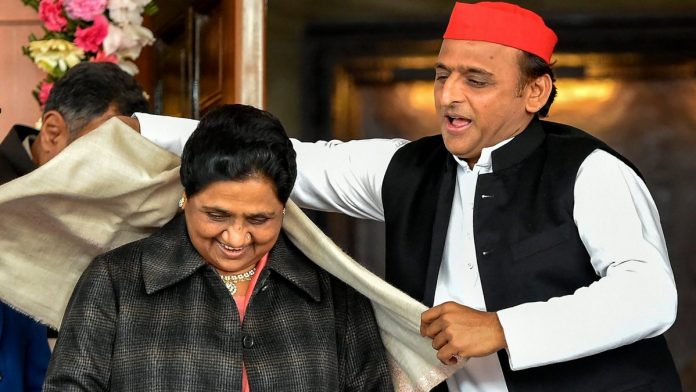CNBC: Google reverses decision to cut ties with Huawei after US eases trade restrictions.https://t.co/eK4VSW0pqP— Paramendra Kumar Bhagat (@paramendra) May 21, 2019
via @GoogleNews
Worries of longer, costlier U.S.-China trade war hits markets | Article [AMP] | Reuters https://t.co/8rlliVzgU2— Paramendra Kumar Bhagat (@paramendra) May 21, 2019
China tariffs could force 'widespread store closures' and put $40 billion in sales at risk https://t.co/VE3yu8KFMY via @usatoday— Paramendra Kumar Bhagat (@paramendra) May 21, 2019
The US will lose badly in the trade war with China and imperil the world economy if both countries don’t cooperate https://t.co/4KybsR207R via @scmpnews— Paramendra Kumar Bhagat (@paramendra) May 21, 2019
Looks like the two sides have been talking past each other in the so-called trade talks. Each side has been stating its positions, again and again, basically repeating what they said earlier. Another round of talks might not ameliorate that situation. But by now the fallouts have become serious for the two economies. Widespread damage will soon be seen. Those on the US side will be much more visible.
Donald Trump thinks he is this amazing dealmaker. That is his whole thing. You create a crisis where there was none. Then you negotiate and try and get a better deal. Well, if that is the script, does it work? There are liars, and there are bullshitters. A liar knows he is lying. A bullshitter doesn't. It is hard to negotiate with a bullshitter.
Do I buy that he is doing this for the cause of democracy? Look at the track record. He is the biggest fan of dictators around the world. He loves that dude in the Phillippines, an elected dictator. The guy is a white supremacist. He is not a democrat. He has fascist tendencies. He talks about "the press," the way presidents in the US never did before him. He wants his supporters to get physical. Donald Trump Brown Shirts.
No, I don't believe this trade war is about democracy.
I fear the US economy is going to end up like one of his casinos. Worse, the contagion might be global. Donald Trump is America's Brexit. British hubris decided to take the plunge where British interests might not have.
These trade wars are casino wars. Trump's "negotiations" with the North Korean dude should work as a warning sign. We all know how unprepared Trump was for that. He came back saying he was so charming North Korea agreed to denuclearize. Not true. The Bullshitter-In-Chief did what he does best: he bullshitted. Only now he is talking to China. China finds itself negotiating with vapor.
A fascist fantasizes for a Great Depression.
A trade war has two losing sides. So, of course, China will lose.
Trade War Endgame Scenarios https://t.co/uW5Csqo5EP @AOC @SenWarren @BernieSanders @AndrewYang @PeteButtigieg @KamalaHarris @_waleedshahid @justicedems @saikatc
— Paramendra Kumar Bhagat (@paramendra) May 21, 2019
US China Trade War: A Meeting Of The Hot And Cold Fronts
New Twist In The Trade War: China Devalues Its Currency
5G And The Trade War
The US China Trade War Escalation Is Primarily Political
The US China Tension: Creative Or Destructive?
It’s been over 24 hours. No more spoiler alerts. Here’s why @AOC and I are officially on #TeamSansa now. pic.twitter.com/WKKHDbFz1M
— Elizabeth Warren (@SenWarren) May 21, 2019
De Niro: Imprisoning Trump would make America great again https://t.co/9UayB20RBG
— Paramendra Kumar Bhagat (@paramendra) May 21, 2019
Rare-earth stocks soar in China after Xi visit spotlights US dependence https://t.co/lru8DmKpwd via @scmpnews
— Paramendra Kumar Bhagat (@paramendra) May 21, 2019
Without Google, Huawei phones could become paperweights: Reporthttps://t.co/fmQ4MOyt8G
— Paramendra Kumar Bhagat (@paramendra) May 21, 2019
Huawei is said to have been stockpiling US components for months in preparation for such a situation and even has an alternative operating system on the shelf.





